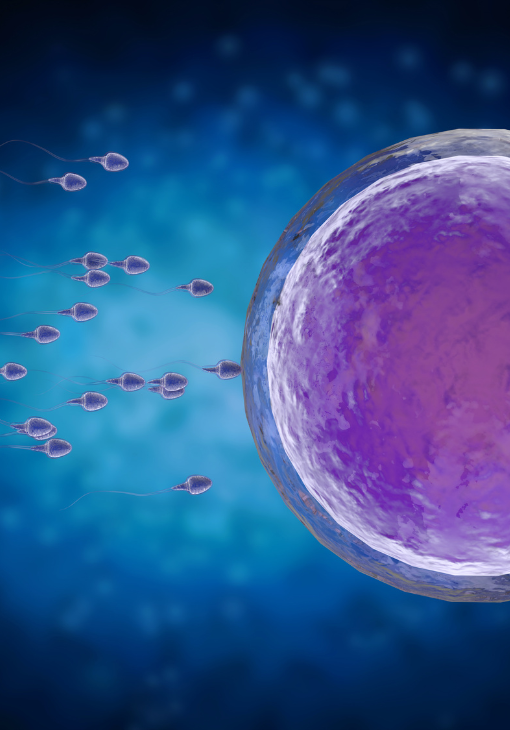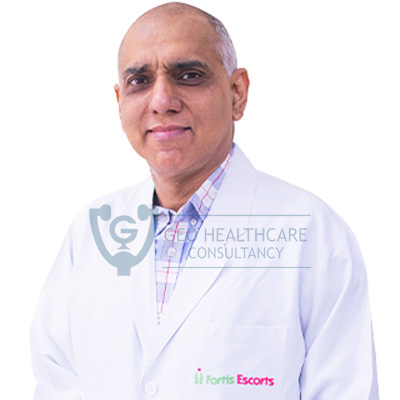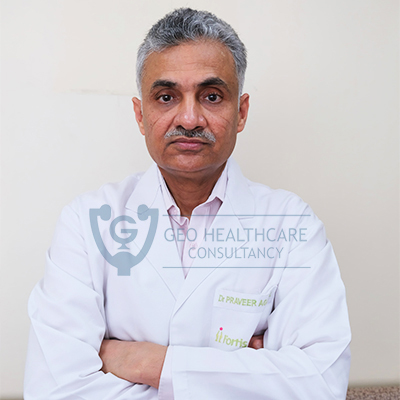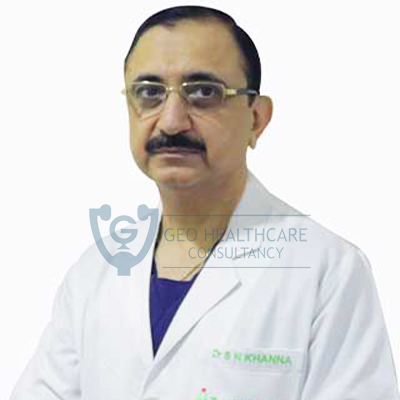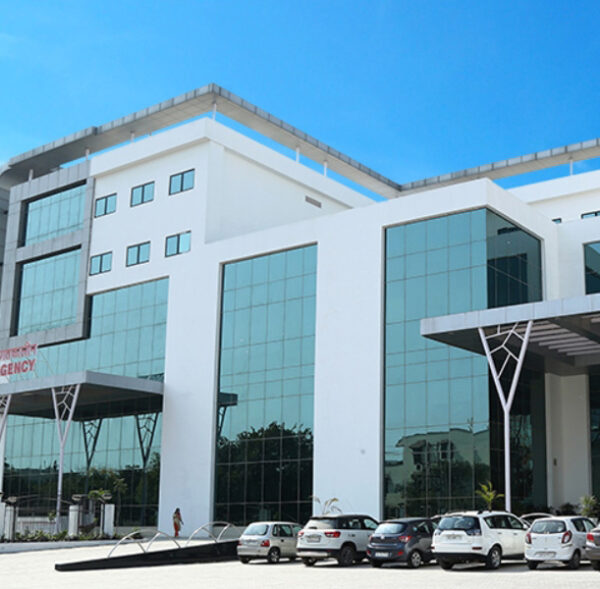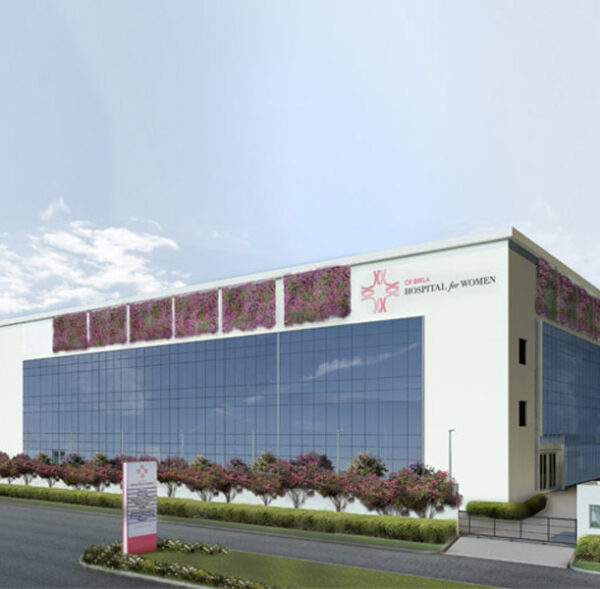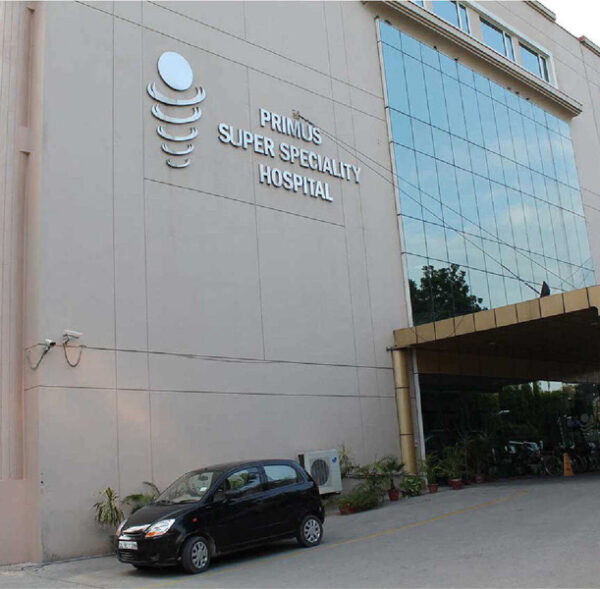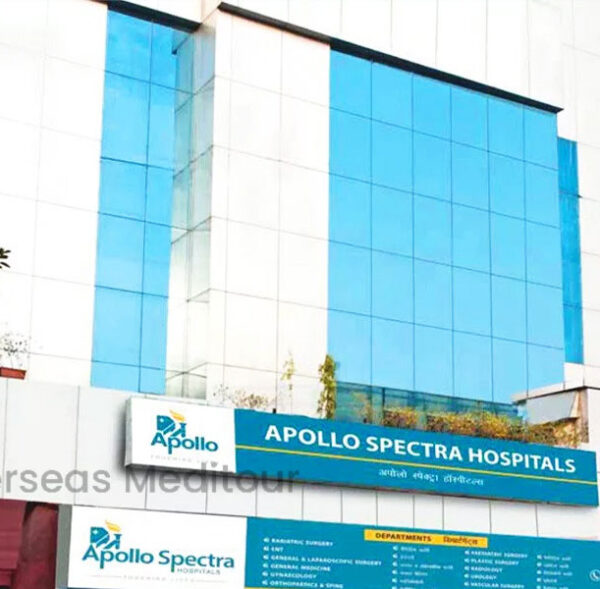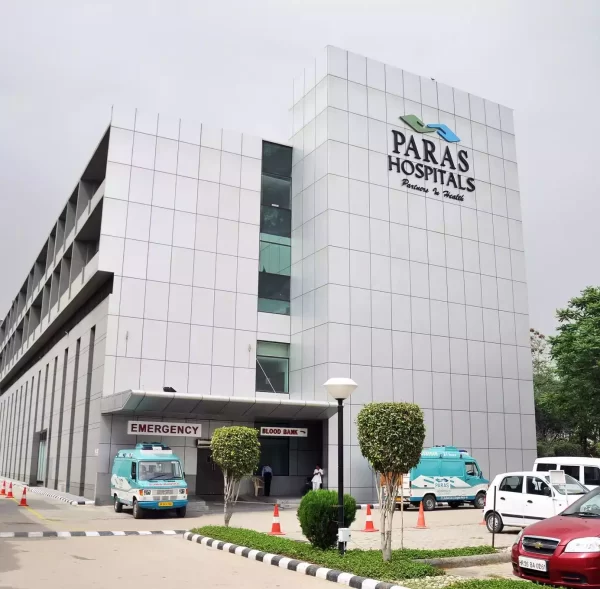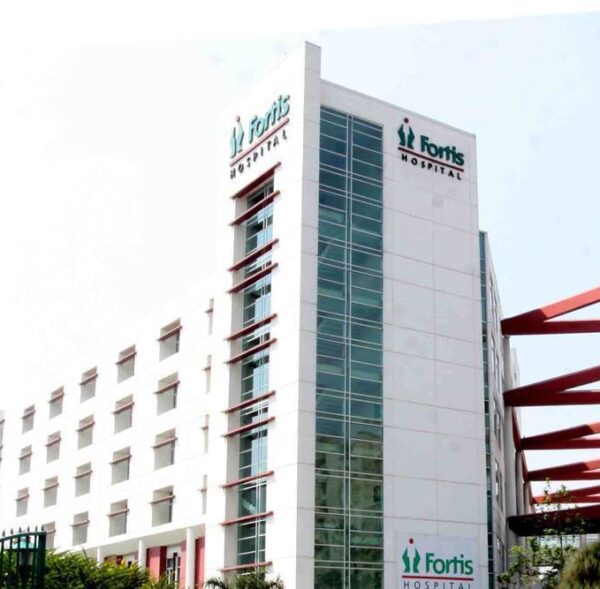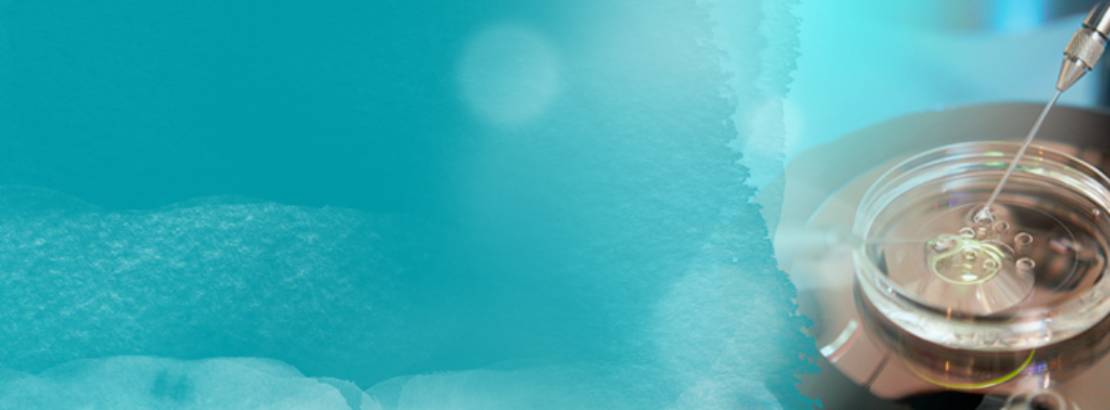
IVF and Infertility: Understanding the Journey Towards Parenthood
Introduction to IVF and Infertility
Struggling with infertility can be an emotional and challenging journey for many couples, but advancements in reproductive medicine offer hope. In Vitro Fertilization (IVF) is one of the most well-known and effective treatments for overcoming infertility. At Geo Healthcare, we understand the deep desire to become parents, and we’re here to provide expert guidance and compassionate care through the IVF process.
What is IVF?
In Vitro Fertilization (IVF) is a medical procedure that assists with conception by combining an egg and sperm outside of the body, in a laboratory setting. Once fertilized, the embryo is placed into the uterus to develop naturally. IVF is often recommended for couples who have struggled with infertility or have certain medical conditions that make conception difficult. IVF has helped millions of couples around the world achieve their dreams of parenthood.
